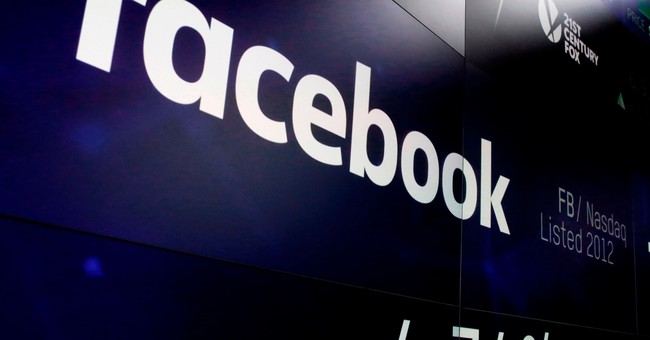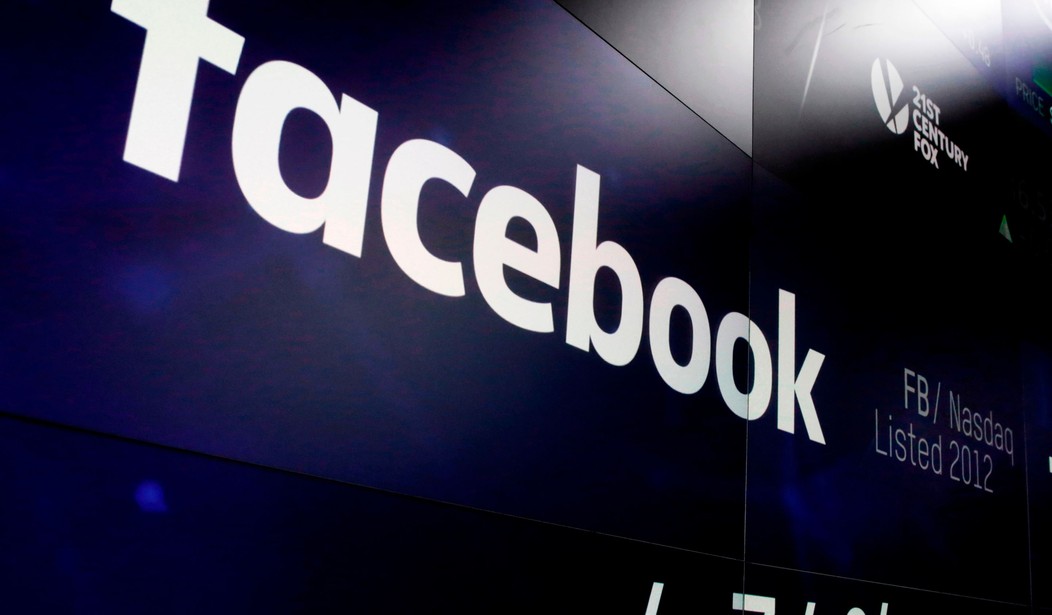
America is at an odd point in history. While it’s probably difficult to measure how divided we are as a country, we know things are pretty divided by what we see in our day-to-day lives. Thanks to technology, we can gauge the politics of Lansing, Michigan; Los Angeles, California; Saratoga Springs, New York; Muscle Shoals, Alabama; and anywhere else in the country, all without leaving the couch.
Technology has brought us all together, and it’s also kind of tearing us apart.
It doesn’t help when technology companies decide to pick who wins and who loses in the battleground of ideas, either.
Earlier this week, headlines erupted when Alex Jones and his Infowars site were removed from multiple sites overnight, including Facebook. The argument was that his content violated the terms of service for the sites. However, if they did, they’d been doing it for years, and little to nothing had been done before.
Now, it seems that sites, where one could download gun files for 3D-printers, have been targeted by sites like Facebook.
A coalition of gun-rights groups that published the gun-design files at the center of the case against 3D-printed gun pioneer Cody Wilson told the Washington Free Beacon on Tuesday that Facebook and Amazon have attempted to censor access to the website hosting the files.
Brandon Combs, president of the Firearms Policy Coalition, told the Free Beacon that links to CodeIsFreeSpeech.com have been blocked by Facebook, and Amazon has taken the site down from its servers. The website, which has republished the gun-design files at the center of the Wilson case, is a joint project of the Firearms Policy Coalition, Firearms Policy Foundation, Calguns Foundation, and California Association of Federal Firearms Licenses. Combs said publishing the files was within their First Amendment rights and the actions taken by employees at the tech giants is an attempt to censor them that he believes may have wide-ranging consequences.
“It was humans involved with Amazon just like in Facebook,” Combs said. “This is not an algorithm-based issue, they were making human policy decisions. And the issue at Amazon is not done yet. It’s been escalated, and frankly I think many enterprise-clients view this as troubling because [it’s one thing] if you have legal speech that is simply protected and somebody files a complaint, but if it’s just as simple as saying ‘unwanted content’ to take down an instance at AWS [Amazon Web Services], then nobody’s safe.”
An email from Amazon Web Services to the group warned that they must remove a file containing the designs of Wilson’s single-shot .380 Liberator pistol or their site would be taken down.
“We’ve received a notice regarding unwanted content hosted on your AWS resources,” the email said. “A copy of the complaint identifying the content in question is included below. Please review the attached notice and take appropriate action.”
Amazon then took down the servers hosting the site. Combs said it did not cause an interruption in service for the site, though, since the group had planned for potential action from Amazon and was in the process of migrating the site to new servers when the takedown happened.
Now, let me start by noting that these companies certainly have a right to do all of these things. Even though they’re publicly traded, they’re still private companies. By that, I mean they’re not bound by restrictions placed on government entities. It’s no different if you had a business and would allow people to post things on a bulletin board, but refused to allow Everytown to put a flier up.
They do have that right.
But just because it’s their right, it doesn’t make it right.
The site is doing nothing illegal. The injunction is only against Defense Distributed sharing the files. They’re not selling guns via the internet or breaking any other laws. They’re hosting data the same as numerous other groups.
By deciding that these files are forbidden, but other groups aren’t, they’re trying to stack the deck in a political debate.
This will backfire on them. Right now, Amazon, Apple, and Facebook are the top of the heap, but I remember when none of those companies even existed. Each came up and built itself on the ruins of other companies, at least to some extent. If they’re not careful, their decision to pick who gets a voice and who doesn’t may well turn into their ruin and someone else will build their giant.
At this point, I don’t think I can feel that bad about it.








Join the conversation as a VIP Member